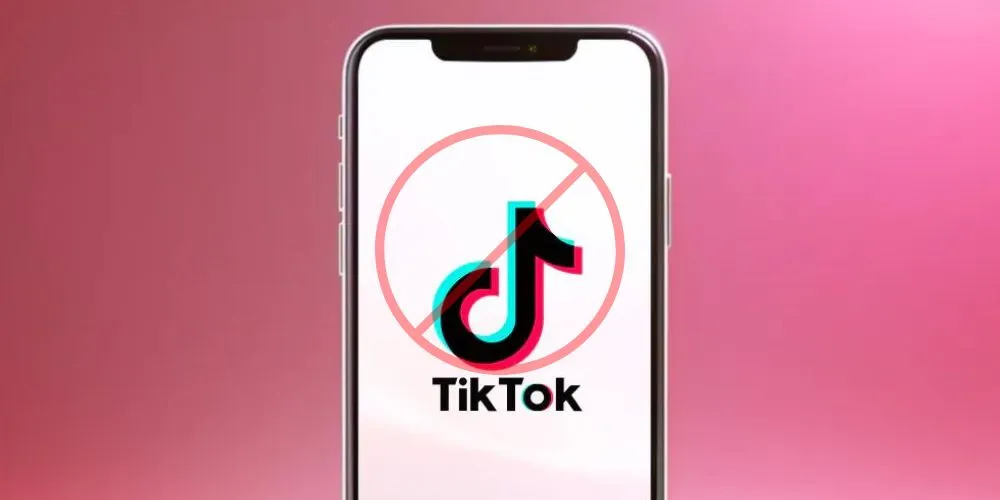Key Points
- ByteDance must sell TikTok’s U.S. assets by January 19 or face a ban.
- TikTok has challenged the ruling, citing constitutional concerns. Advertisers maintain TikTok activity while planning alternatives.
- Meta and YouTube are expected to benefit most from a TikTok ban. TikTok’s 2024 U.S. ad revenue is projected at $12.3 billion.
- A ban would disrupt the social media ecosystem, impacting creators and small businesses.
A U.S. appeals court upheld a law on Friday requiring TikTok’s parent company, ByteDance, to sell its U.S. assets by January 19 or face a ban on the widely used short-video app. Despite the looming deadline, advertisers remain hesitant to adjust their marketing strategies. TikTok, which serves 170 million American users, has long faced regulatory threats but continues to attract significant ad revenue.
ByteDance has challenged the law, calling it unconstitutional and violating free speech. TikTok’s global business solutions president, Blake Chandlee, announced plans to seek an injunction to delay the ban until the U.S. Supreme Court can review the case.
Advertising executives report that brands stay active on TikTok while preparing contingency plans. Jason Lee of Horizon Media stated that although no advertisers have withdrawn, many are exploring alternative options. If TikTok is banned, Meta Platforms and Alphabet’s YouTube stand to gain, having introduced short-form video features in recent years.
Experts emphasize TikTok’s continued dominance, noting that advertisers are unlikely to leave unless users abandon the platform. TikTok’s projected U.S. ad revenue in 2024 is $12.3 billion, though far behind Meta’s estimated $159 billion.
Analysts predict a TikTok ban would reshape the social media landscape, benefiting Meta, YouTube, and Snap but harming creators and small businesses reliant on the app. The news has already impacted the stock market, with Meta, Alphabet, and Snap shares climbing.












